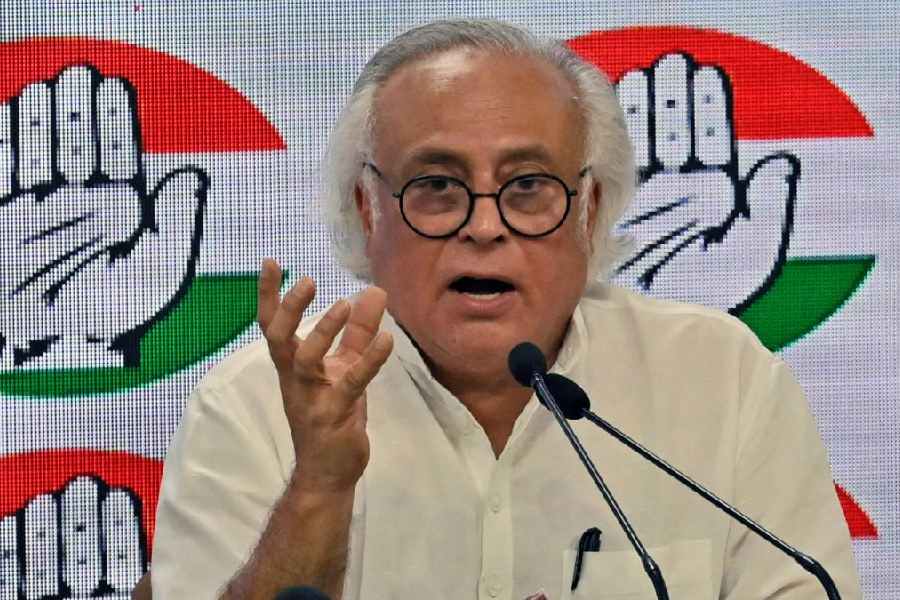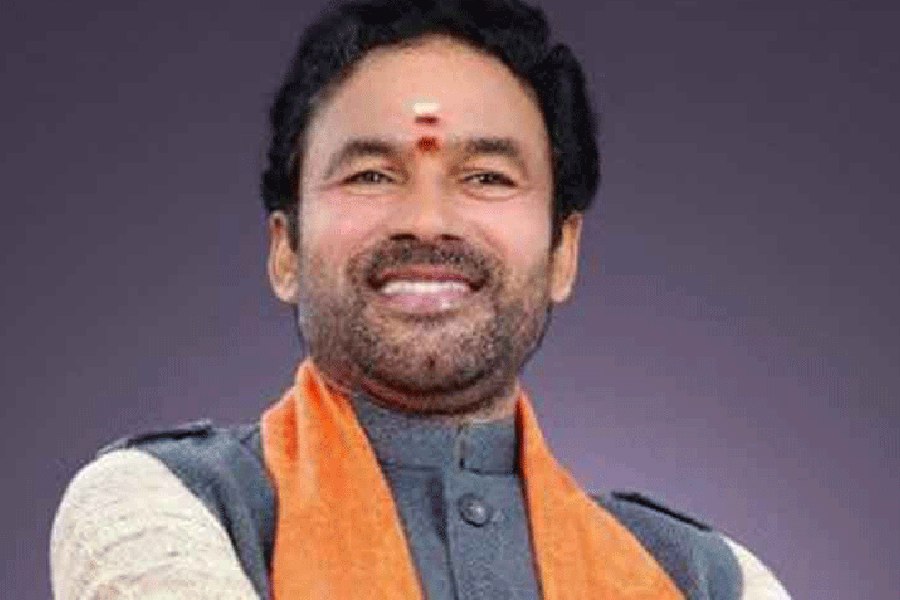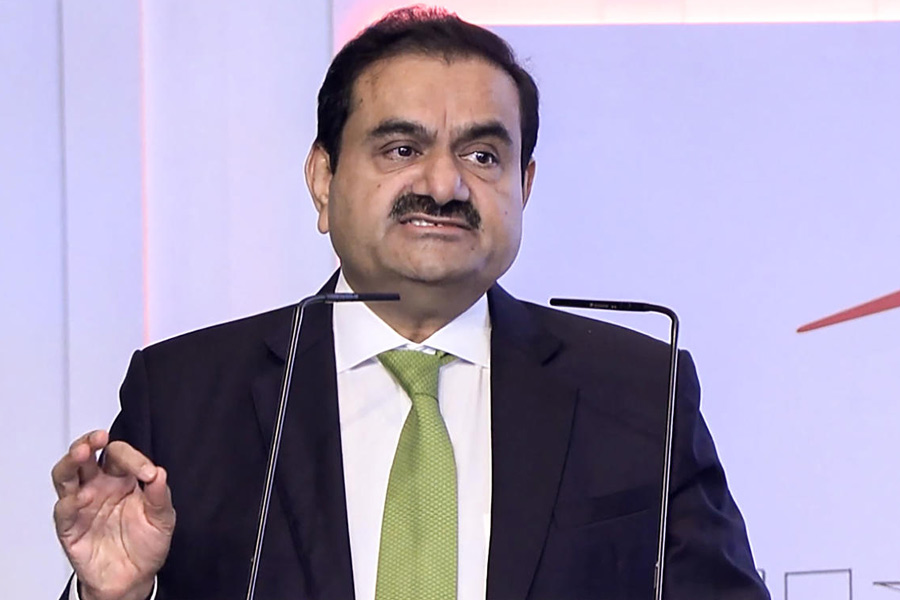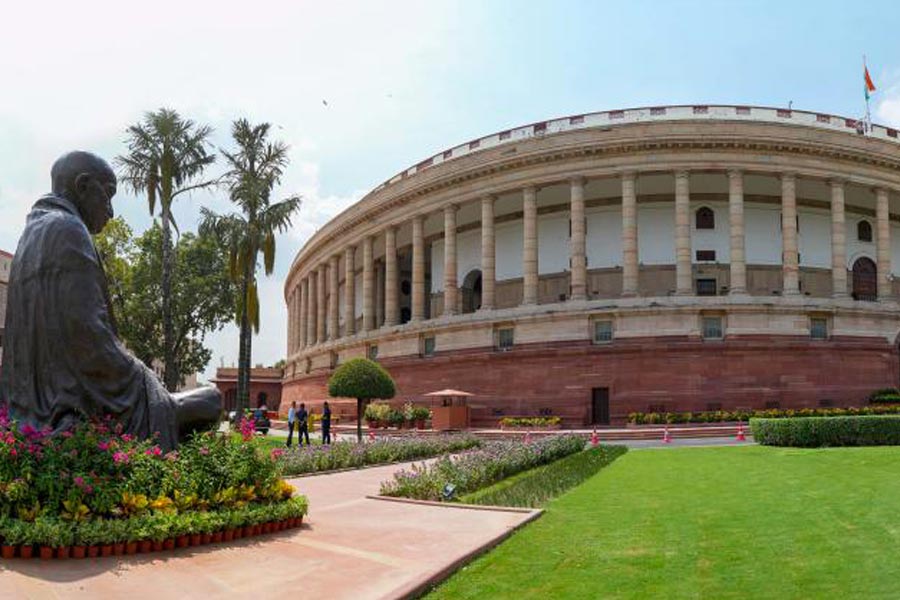The Congress on Sunday reiterated its demand that the Women's Reservation Bill must be passed during the special session of Parliament which is set to start from September 18.
In a post on X, Congress general secretary Jairam Ramesh said the Congress Working Committee has demanded that the Bill must be passed during the five-day special session of Parliament and shared some points on the issue.
"Rajiv Gandhi first introduced Constitution Amendment Bills for one-third reservation in panchayats and nagarpalikas in May 1989. It passed in Lok Sabha but failed in Rajya Sabha in September 1989," Ramesh said.
He said Prime Minister PV Narasimha Rao reintroduced Constitution Amendment Bills for one-third reservation for women in panchayats and nagarpalikas in April 1993 and both Bills passed and became law.
"Now there are more than 15 lakh elected women representatives in panchayats and nagarpalikas. This comes to about 40 per cent," the Congress leader said "As PM, Dr Manmohan Singh brought a Constitution Amendment Bill for one-third reservation for women in Parliament and state legislatures. Bill passed on March 9, 2010, in Rajya Sabha. But it was not taken up in Lok Sabha," Ramesh said.
He pointed out that bills introduced or passed in Rajya Sabha do not lapse and the Women's Reservation Bill is still very much active.
"The Congress party has for the past nine years been demanding that the Women's Reservation Bill already passed by the Rajya Sabha should now get passed by the Lok Sabha as well," Ramesh said.
In a resolution adopted at its first meeting after being reconstituted, the Congress Working Committee (CWC) on Saturday demanded that the Women's Reservation Bill be passed during the special session.
The demand by the Congress' highest decision-making body comes amid renewed calls for passage of the Women's Reservation Bill and speculation that it could be taken up during the five-day special session of Parliament.
The Bill, which was passed in Rajya Sabha during the Manmohan Singh-led government is still alive as the Upper House of Parliament never dissolves.
Except for the headline, this story has not been edited by The Telegraph Online staff and has been published from a syndicated feed.












